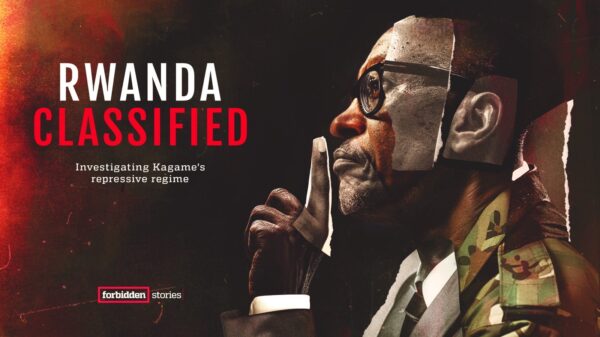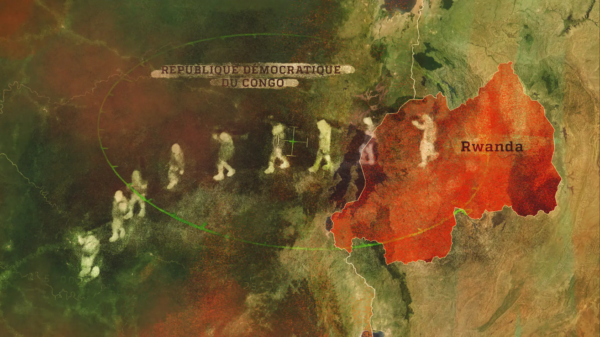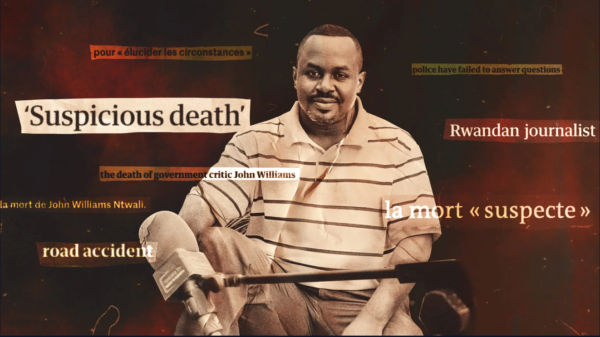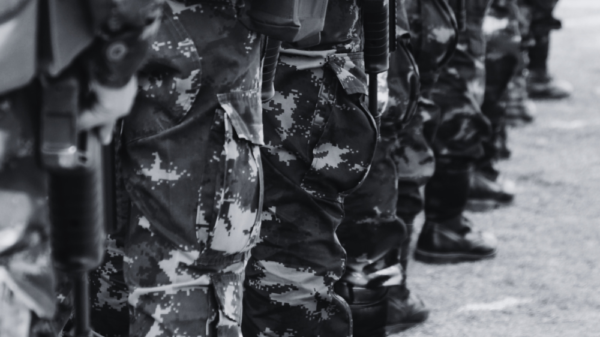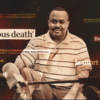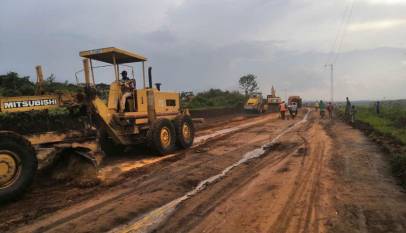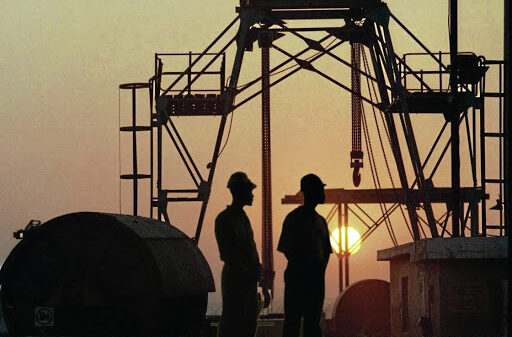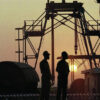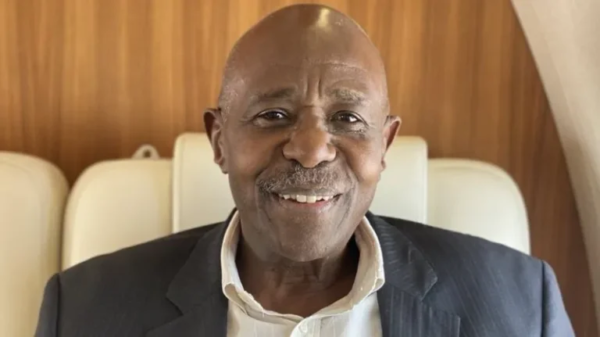How a dictatorship hides its terror behind an image of development and safety
The death of journalist John Williams Ntwali in a mysterious car accident in Rwanda on 18 January 2023 fits a pattern of unnatural deaths of Rwandan journalists and dissidents. Rwanda Classified, a cross-continental investigation coordinated by Forbidden Stories now shines a spotlight on the nature of the government suspected of being behind these deaths. We question Rwanda’s “good development partner” image and the favouritism shown to it from some Western governments who see the country as a role model for Africa and a safe space for its refugees.
“I went to the petrol station nearby on the day after he was killed,” says Charles*, a colleague of the late John Williams Ntwali. “I asked the workers there about the car accident. They said there hadn’t been a car accident in the area for months.”
Charles is not surprised at this. “They probably killed him elsewhere and then faked it,” he says. Still fresh in his mind is a memory from 2010, when he was called to report on a crime scene where the leader of the opposition Green Party, André Kagwa Rwisereka, had been found partly beheaded. “But there was no blood.”
“Sometimes I have nightmares that I would be killed that way too,” he adds.
There had not been a car accident there for months
No concrete evidence substantiated the car accident in which John Williams Ntwali is supposed to have died. Officially, a car hit the motorbike taxi on which he was a passenger. There has been no footage or pictures of the purported accident scene; the trial was closed to the public; and the purported driver, and who was reportedly formerly convicted for dangerous driving, did not answer on the phone number listed for him in court papers. Forbidden Stories did manage to contact the person identified by the court as the motorbike taxi driver who carried Ntwali as a passenger, but the man responded angrily when telephoned by a Kinyarwanda speaker, apparently upset that the team “was thinking that he cannot speak English.” In response to questions, he only said: “It is not me you should be asking, it’s the institutions.” He then cut the call.
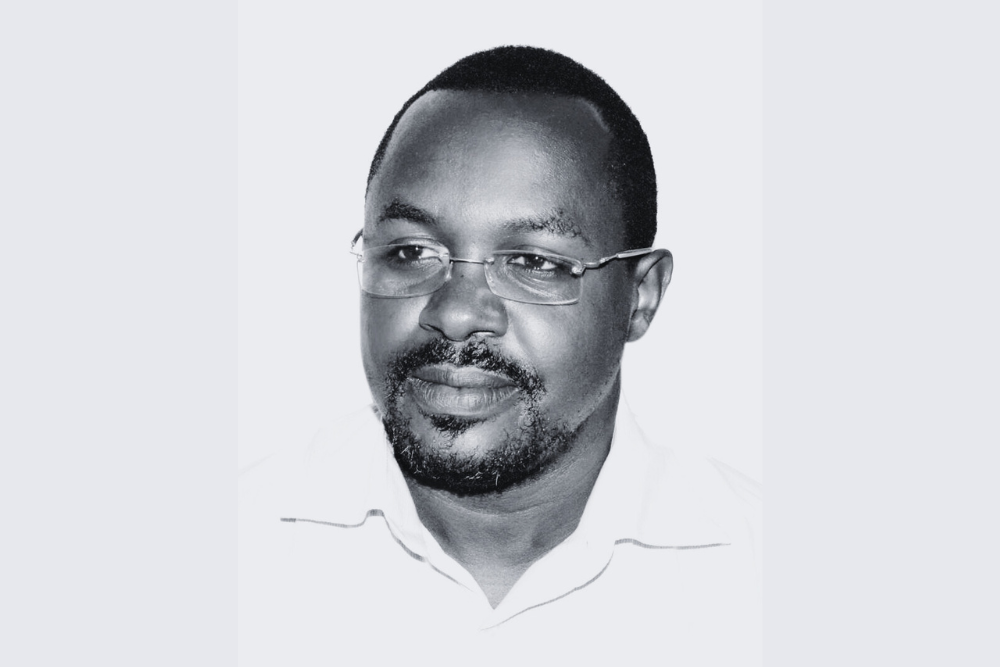
A pristine city
In a six-month investigation triggered by the death of John Williams Ntwali and carried out by a team of 17 media houses coordinated by Forbidden Stories, including ZAM, the one thing that becomes abundantly clear is that there are two different Rwandas. On the one hand, if one believes President Paul Kagame, the ruling Rwandan Patriotic Front (RPF), and the country’s state-favoured media, Rwanda is a developmental miracle, bravely emerging from a terrible genocide and now confidently moving forward towards unity and development. The country’s PR shows a pristine capital city, skyscrapers, well-maintained roads, little visible corruption, a disciplined army that helps with peacekeeping all over the African continent, and a majority-female parliament.
On the other hand, there are those who whisper forbidden stories of bulldozing of slums, forced removals, elite wealth, hunger, and terror with beads of fear on their foreheads; those who slam down phones when you call to verify something; those who, in tears, ask, “just help me move out of here”, and those who don’t say or do anything at all, because they are dead.
The stories that could be told by those still alive are forbidden.
Warnings and threats
John Williams Ntwali was a journalist who told forbidden stories to the end. Several sources confirm that each of the projects he was working on could have been fatal. “You will get killed,” they had told him, fellow journalists, exiled friends, careful dissidents, relatives.
He had been well aware of the risks. “The RIB (Rwanda Investigations Bureau, in charge of criminal investigations) (has) been summoning me, but I did not go,” reads a WhatsApp message Ntwali sent to a friend in July 2019. “I can’t go home today because of a car that has been following me on the motorbikes I board, or even when I enter an office, upon exit I see it parked out, so today its parked near my home, its (registration is) RAC955Z,” reads a message to the same friend, January 2022.
“We need to talk!” he said
“But he told me he had to stay,” says Charles, who got out of the country himself just over two months after Ntwali’s body surfaced in police custody, and now lives in another African capital city. “I was one of those who urged him to leave. But he said: ‘If everybody flees, what will this country be? I’m ready to die here. We need to talk!”
Forced removals
In the few years before his death, Ntwali had worked on various stories that went against the official narratives. One story focused on a shiny new development spearheaded by a ruling party-connected businessman, supported by an announced US$56 million in Finnish investment money. The development was to be built on the bulldozed ruins of a Kigali slum area called Kangondo. Ntwali had interviewed the people who lived there and were being kicked out. This story aired in twenty episodes on his YouTube channel PAX TV up to December 2022, a few weeks before his death.
It would have irritated the ruling RPF party, proud as it is of its image to the EU and the West at large as a “good developmental partner”. In the words of government spokesperson Yolande Makolo, during an interview with Forbidden Stories team member, Belgian Radio and TV RTBF: “We are good partners. If they want us to build a road, we’ll build a road.”
“If they want us to build a road, we’ll build a road”
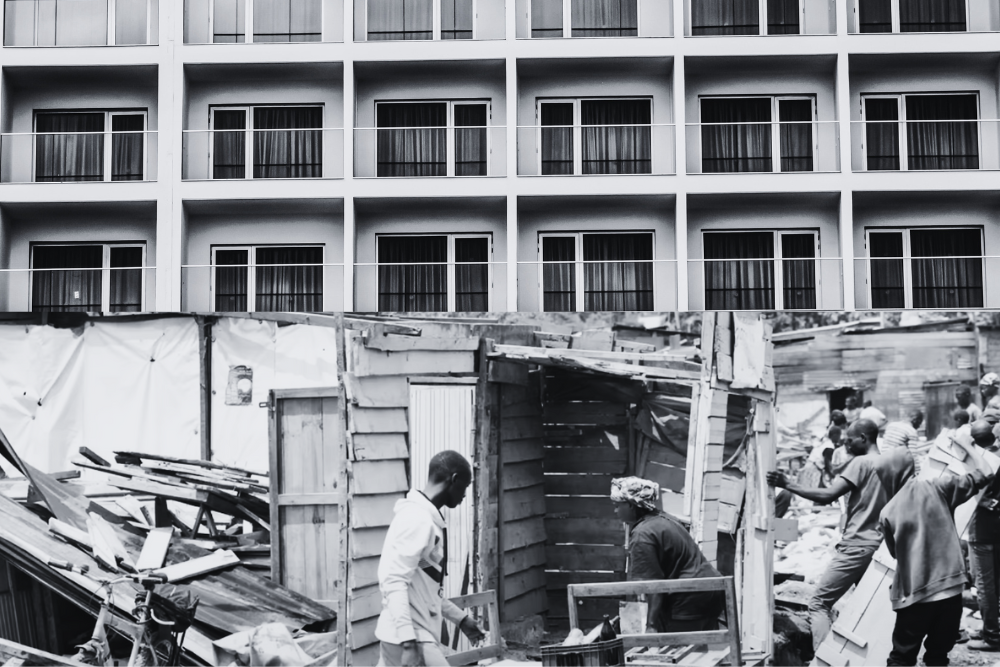
Hunger behind the skyscrapers
Rwanda’s economy is dominated by a set of ruling party-led state enterprises, often called “party-statals”, that control everything, from construction to telecommunications, from security services to juice and coffee. Their shiny skyscrapers in Kigali present the image of an African country that is prospering. However, those who set foot outside the capital generally find that the façade stops there. “There is still hunger here,” more than one rural dweller has been quoted as saying. Exiled journalist Samuel Baker Byansi speaks of the Rwanda “with bad water and people going two days without meals.”
Many reports, from organisations such as Human Rights Watch, have also exposed Kigali’s practice of removing street children, hawkers, and others who might ruin its pristine image from the streets, sending them to detention centres.
According to former World Bank development economist Nilgün Gökgür, who worked with the Rwandan government on a project to grow the economy in 2011 and whom ZAM interviewed in 2017, the party-statals that built Kigali were supposed to propel development. But in practice, she told ZAM, “The party-statals keep winning the government contracts at the expense of a very embryonic private sector.” For example, one cannot just juice fruit and sell it in a small shop, because the juice market is monopolised by the Inyange party-statal, she adds. These enterprises continue to benefit from a state budget that is still funded for over 40% by foreign aid.
In order to ward off an expected decline of donor money for Africa, however, Rwanda’s party-statals have recently been eyeing more foreign direct investment, and have been moving into countries where Rwanda has participated in (often also well-funded) UN peacekeeping missions. They now operate security contracts in Mozambique and mining projects in the DRC and the Central African Republic (CAR), among many other endeavours. In the CAR, Inyange sells juice, too.
Minerals
Another story Ntwali had been working on before he was killed dealt with Rwandan soldiers who were anonymously dying in the eastern DRC, whilst officially not even being there. “John and I collected images of dead (Rwandan) soldiers,” says Samuel Baker Byansi, who now also lives in exile. In the area in November 2022, “we found out that they pass through Musanze, Virunga Forest. It’s a logistics route for a training (camp) for M23 rebel forces and the Rwanda forces.”
According to many experts, Rwanda’s state coffers benefit significantly from M23’s control of several strategic mineral sites (inter alia for gold, tin, tungsten, coltan and tantalum) in the eastern DRC. The rebel movement reportedly helps channel the minerals into Rwanda in exchange for military support. In 2021, a US mining investor company, the Bay View Group, estimated that 50% of all minerals and 90% of coltan exported from Rwanda comes from the DRC.
Rwanda’s government denies supporting M23, or acquiring (many, like dissident Paul Rusesabagina, say “stealing”) minerals in the DRC. “We were warned by a contact in the Rwandan security establishment that we were both going to be killed after that investigation,” Baker Byansi says. “I left. But John stayed (in Rwanda).”
“At some point someone else answered his phone and then he disappeared”
A year after John’s death, online reporter and commentator Joseph Coffi was reported missing after travelling to the same Musanze area. Former colleague Charles, from his own place in exile, heard about the case. “Coffi was a good analyst on that issue (of minerals smuggling and M23 support by Rwanda),” he says. “At some point someone else answered his phone and then he disappeared.”
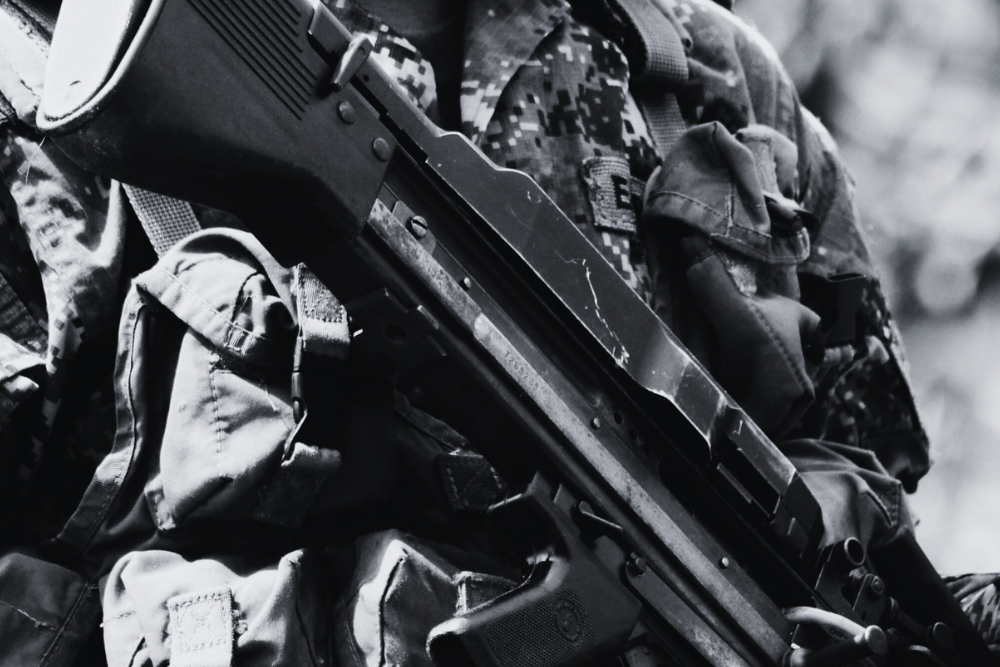
The case of Dr Fabien
After returning home, Ntwali went on to investigate a car accident that had killed a bar owner who also headed an environmental NGO, Dr Fabien Twagiramungu (known in Rwanda as “Dr Fabien”), two years earlier. On 15 January 2023, three days before his own death, Ntwali phoned an exiled friend, telling him he was looking into the case. Convinced that the death was staged, he also told the friend that he was afraid and that he had received threats telling him he was going to be assassinated “when you get on your motorbike.” According to an article published later by the online news site The Rwandan, Ntwali had zeroed in on three men, one of whom was the driver who ran over Dr Fabien, killing him; not because he was drunk or driving dangerously, as per a verdict issued by Rwanda’s judiciary later, but on purpose.
Two of the three men worked for a “genocide memorial” government arm
According to the same article, both the driver and a man Ntwali thought was an accomplice respectively worked for, and headed, two linked organisations that promote the memory of Rwandan genocide victims. The main one is called Ibuka, which means “remember” in Kinyarwanda.
While Ibuka’s official mission cannot be faulted, in practice the organisation operates as a major global PR vehicle for the ruling party. Human Rights Watch Central Africa director Lewis Mudge and author Michela Wrong, among others, have recounted incidents “even in the smallest hamlets” where Ibuka representatives have disrupted panels and publicly denounced dissidents as genocidaires and critics as genocidaire supporters. A recent post on Ibuka’s website asks for more donations.
Perhaps the story that might expose a leader and a cadre of Ibuka, the virtuous anti-genocide organisation, as murderous, was the most forbidden of all. Two days after the phone call, John Williams Ntwali disappeared from the face of the earth. The third man Ntwali had been about to expose as a co-conspirator in the case was, according to The Rwandan, a certain well-known military man.
Those in exile who witness, investigate, and write forbidden stories live in fear. Charles, who asks that his current home should not even be mentioned in our interview, says he doesn’t leave his house if he can avoid it. He takes out his phone and calls a friend to confirm the name of one of the people, who disappeared in Nairobi, in supposedly safe Kenya. “We called him Captain,” says Charles, who knew him way back when.
Jean Chrysostome Ntirugiribambe was a captain in the Rwandese army before the 1994 genocide but had fled the country at its onset. Later, around 2010, he had worked as a defence investigator for the UN tribunal investigating the genocide in Tanzania. Living in exile in Togo, he travelled to Kenya to visit his family in June 2015. It was during this visit that he was forced into a car by a group of armed men. He hasn’t been heard from since.
Before him, Rwandan minister-turned-dissident Seth Sendashonga had been killed, also in Nairobi, by unidentified gunmen, in 1998.
The blogger disappeared after posting pictures of Kagame’s wealth
More recently, blogger Guillaume Rutembesa, who exposed the extent of President Kagame’s wealth by posting photos on Instagram of presidential family members on a yacht and in a private jet, disappeared too. Constance Mutimukeye, a genocide survivor now living in France, told Africa is a County, “Rutembesa criticised the very luxurious life of the children of Paul Kagame, who buy themselves bags from Hermès, when in fact the population is starving.” Rutembesa, who had been living in Kenya since 2016, was abducted from Nairobi in November 2020, a month after his Instagram posts, and disappeared.
Exiles
In a 2015 open letter to Ugandan President Museveni, exiled Rwandan former presidential advisor David Himbara, now a lecturer in Toronto, listed more than 50 refugees who had disappeared from Uganda’s capital city Kampala in the previous seven years.
The disappearances of exiles in Uganda increased after 2010, when dissidents had based a branch of a new opposition movement, the Rwanda National Congress, there. A point-blank hit killed Rwandan journalist and refugee Charles Ingabire in 2011. Two years later, in 2013, it was the turn of former presidential bodyguard Joel Mutabazi, who had also fallen out with Kagame and sought refuge in Kampala. According to charges levelled in an Ugandan military court in 2017, Mutabazi was kidnapped and renditioned back to Rwanda with the help of Ugandan police collaborators. Back in his country, he was reportedly jailed. “I can’t bet on it that he is still alive,” says a journalist who knew Mutabazi.
Kampala quietened down from late 2017, when the Ugandan military charged and detained, among others, Ugandan Police Inspector General Kale Kayihura, the above-mentioned group of policemen and a former Rwandan presidential guard member who was also a criminal who had once robbed a bank. The members of the group would be released, often with charges dropped, quietly, from 2019 onwards.
Mozambique
On 23 May 2021, Rwandan exiled journalist Cassien Ntamuhanga disappeared after having been arrested by Mozambican police, according to a witness in the company of someone who spoke Kinyarwanda. A year later, in 2022, former Rwandan military man and businessman Revocat Karemangingo would be shot in Maputo. Rwandan businessman Seleman Masiya was stabbed to death in the same city, in the same year.
The three cases followed Rwanda’s then-nascent involvement in peacekeeping and business investments in Mozambique.
Uganda-based journalist Remmy* worries that it “may start again” in his country, too. Remmy’s alarm bells went off when, in April last year, President Museveni’s son and commander of the armed forces, Muhoozi Kainerugaba, travelled to Rwanda to renew the presidential families’ friendship by celebrating his birthday in Kigali. Such friendship between Rwanda’s repressive regime and Uganda’s own increasingly autocratic and oppressive leader (Uganda, too, counts many disappeared and jailed opponents) isn’t good news for either Rwandans or Ugandans.
Remmy is presently helping a fugitive Rwandan journalist to set up house in Kampala, but there are financial worries. “One needs to employ someone, which makes it extra expensive. You can do your own cleaning, but you need a front person, to bring in groceries, for transport. You don’t want to be seen.”
The spectre of Putin
Western countries and the EU should know all this, especially because Rwandan opponents have been threatened in European countries, too. Nevertheless, European Commission Vice President Josep Borrell has publicly praised Rwanda for its willingness to “protect refugees”; the UK is still hellbent on sending its “small boat” migrants there; there have been German proposals to do the same with refugees in Germany; and the EU has issued two tenders for promoting Rwanda as a tourist destination.
The same EU has recently even agreed with Rwanda on a minerals tracking deal, a move met with shock from Rwanda’s critics: how can this be when Rwanda itself is, by many accounts, trafficking conflict minerals from eastern DRC?
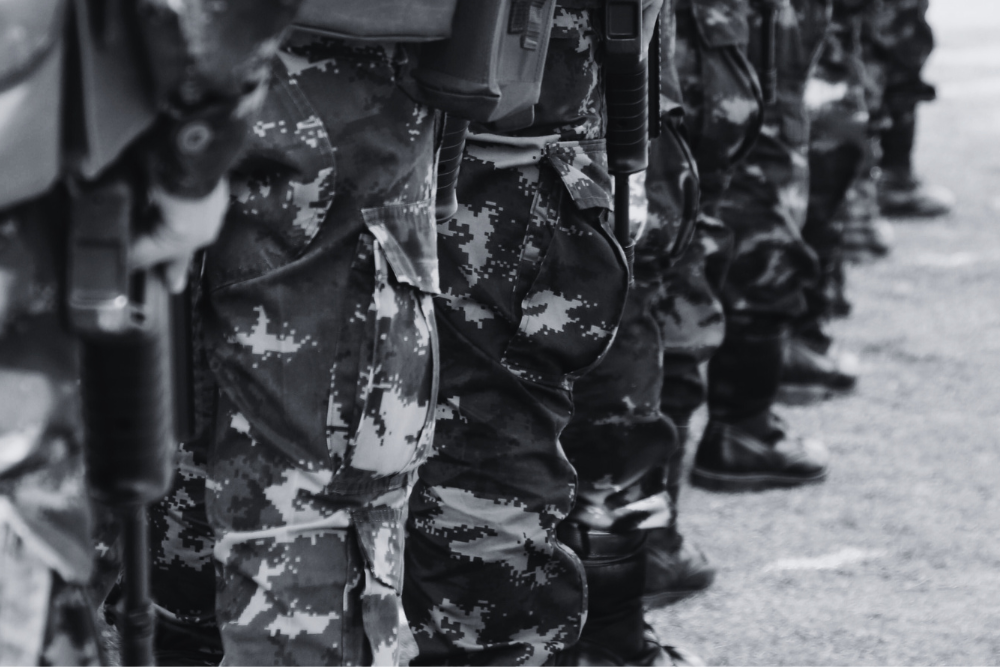
Feeding one monster to ward off another
Several Western diplomats the Forbidden Stories team spoke to seem preoccupied with trying to find a way to navigate between Rwanda’s PR image and its reality. A group of Kigali-based diplomats from one Western European country speaks of Rwanda as an African “role model” that has good “economy, security and no corruption” while they also admit that it is an “autocracy” where “army and intelligence control up to the smallest corners of society” like “North Korea.” They seem to be well aware of the reality described by Rwandans we spoke to: that a hospital can refuse to treat someone who is linked to a dissident, that a school can kick out a child that comes from a “wrong” family.
They also have doubts about some of the progress advertised by the ruling party. “There is great success in Kigali, but in the countryside, they struggle to survive,” mutters one.
They also know, they say, that the state enterprises dominated by the ruling party are affected by “nepotism” and that peacekeeping missions are used to “buy land, get contracts for their own companies, and go after genocidaires there.” But they all agree that, when push comes to shove, “We cannot afford not to be (in Kigali).” Others, like China or Russia, are also keen on political ties with African countries, after all, and they need to be kept out.
A high-ranking diplomat from another Western European country, also off the record, describes the mainstream line of thinking in the EU as choosing to support one monster to ward off another. If the West doesn’t ask Rwanda to go after jihadi militants in Mozambique, he says, don’t you think Putin will move in?
Note: ZAM sent requests for comment to several representatives of the Rwandan and Ugandan government, military and police forces, to the Rwandan presidency, and to Ibuka. The only reply received was from former Ugandan Inspector General of Police, Kale Kayihura (see link Fearing closeness in Uganda), who lambasted ZAM for “recycling malicious falsehoods.” The Rwandan government has consistently denied physically targeting or murdering dissidents, either at home or abroad. It also denies supporting the M23 rebel movement in, or trafficking minerals from, the DRC.

